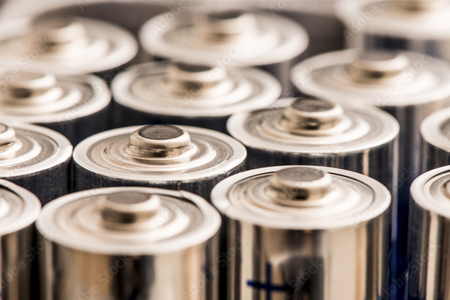
To tackle the issue of the growing amount of Waste from Electrical and Electronic Equipment (WEEE) and Batteries, the European Union introduced the so-called “WEEE-Directive” (Directive 2012/19/EU) and “Battery Directive” (Directive 2006/66/CE). These directives aim to contributing to a sustainable production and consumption by improving the collection, treatment, and recycling of electronic waste.
To achieve the European collection and recycling goals, many member states have implemented the so-called “Extended Producer Responsibility”., Companies that are considered “producers” have the obligation to take care of their products at the end of their lifecycle.. In order to comply with these obligations, there is usually a possibility to join a local compliance scheme and pay the contribution (“Eco-fee”) for the collection and the recycling of the products they put on the market.
Companies, in particular, that are selling online through an e-commerce website or a marketplace to the end consumer, are very often concerned by these obligations.
In some member states, companies must appoint an authorized representative who is based in the country to fulfill their reporting obligations.
However, as every member state has implemented the regulations of the European Directive in their national law, the definition of “producer” and products within the scope as well as the necessity of an authorized representative, might differ from one country to another.
To be able to market products in compliance with the law, it is therefore important to look up and analyse the laws for every country before placing electronic goods and batteries on the market. Furthermore, every country has its own compliance schemes which must be joined, and complex reports need to be prepared, for which the templates often differ from compliance scheme to compliance scheme. The reporting involves a great deal of administrative effort and can be very time consuming if you are not up to date with the ever so fast-changing obligations and laws.
The Environmental Department therefore offers a professional consultancy service and can take over the administrative procedures with the compliance schemes to simplify your EPR reporting procedures.
Services provided:
- Compliance Check: review of your reporting obligation
- Determination of the most advantageous reporting method for your company and contract conclusion with the respective compliance scheme/authority acting as the authorised representative in France in the field of WEEE
- Submission of necessary reports
- Our experts are at your disposal to assist with company-specific requests
Your benefits:
- A european-wide solution to manage your administrative procedures
- Reduction of your workload and costs
- Support for specific problems and individual questions about the topic
- Stay up to date: we will inform you about the most relevant changes on this topic
Important information for companies exporting to FRANCE: France introduced a “repairability index” for electric and electronic equipment, in order to make consumers aware of the degree of repairability of their appliances when purchasing a product. For more information, download our Information Sheet on the Repairability Index available on the following link:
"Ask the expert"-Sessions:
Save your time by getting practical answers and resources delivered to you during an individual expert session via Microsoft Teams. The experts of the Environmental Department stay at your disposal to answer your questions about your EPR and reporting obligations in France and Germany. We help you analyse whether your company is considered a producer and for which products you might be concerned. Furthermore, we offer you a practical solution for you to comply with the French labelling obligations with the Triman logo.


